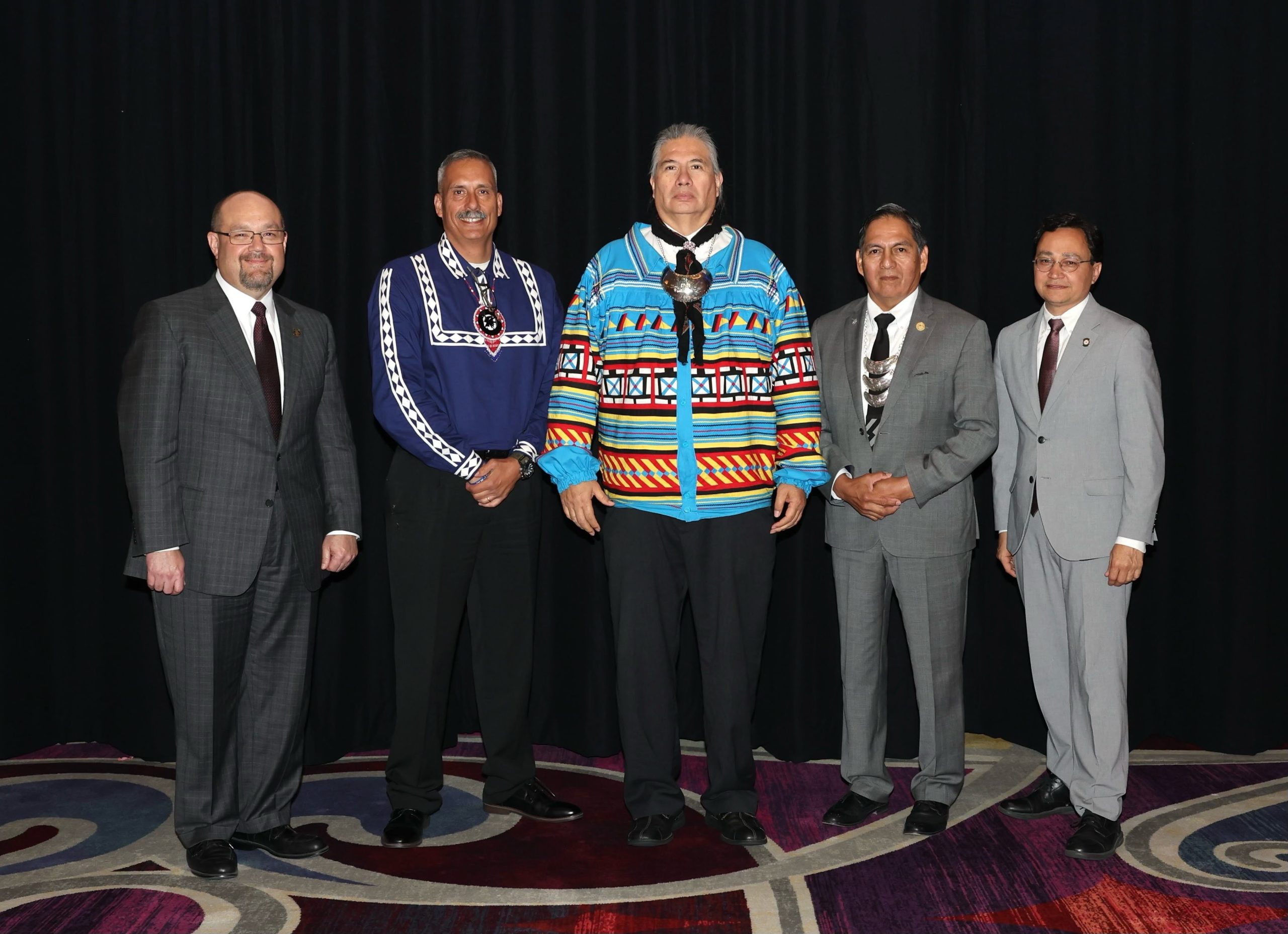Podcast: Play in new window | Download | Embed
The Qawalangin Tribe of Unalaska is launching a new program to provide fresh, organic, Alaska-sourced foods to the entire Aleutian community – and to some regional partners.
KUCB’s Andy Lusk spoke with tribal staff to learn more.
Organizers did a distribution trial run last month.
At the event, Unalaskans came to the tribe’s food bank and received bags full of carrots, potatoes, cabbage and beef — all completely free. That produce and meat came from a family farm in Palmer.
The tribe is interested in partnering with multiple providers over the course of the program, including local fishermen.
Tanaya Horne is the tribe’s COO.
She says the program is part of their ongoing wellness initiatives, and aims to support Alaska farmers by offering their products to locals looking for high-quality, minimally processed foods.
“For Alaska Native people, for American Indian people, our love language is food. That is how we show that we want to be partners with you, and we want to show you that we care about you.”
The project first developed last spring, when the Qawalangin Tribe met with USDA representatives at an economic summit.
The tribe was ultimately awarded over $2 million for the project through the USDA’s Local Food Purchase Assistance Program.
The project came together in partnership with the Aleutian Pribilof Islands Association, who helped facilitate rollout of produce and meat to tribal organizations across the Aleutian Islands region.
Anfesia Tutiakoff is the Qawalangin Tribe’s cultural director. She hopes the program can dovetail with some of the foods already available in Unalaska, including local herbs.
“The more that we’re able to harvest our natural foods on-island, and use natural foods from these farmers, you’re getting less and less processed foods the more that we do these kinds of programs.”
Tribal services manager Marie Schomer says that during the trial run, around 5,000 pounds of food arrived and was distributed to the community.
“I love doing it, personally, because a lot of families out here are struggling [with] the cost of food. And if you’re able to give them a couple bags of fresh produce and meat, it’s very helpful.”
The cost of food in Alaska is famously high and Unalaska is no exception.
Groceries are barged into the island and take longer to deliver than to stores in the lower 48.
Organizers expect the program to continue throughout the next two years, working in conjunction with other regional tribal organizations’ food security initiatives.
In Unalaska, there are no income restrictions to participation.
Anyone is welcome to take food whether they are a member of the Qawalangin Tribe or not.
The next event is slated for late April.
Horne says she expects the program to do bi-weekly food bank events by the summer.

Chickasaw Nation Lt. Governor Chris Anoatubby, left, Choctaw Nation Assistant Chief Jack Austin Jr., Seminole Nation of Oklahoma Chief Lewis Johnson, Muscogee Nation Principal Chief David Hill, and Cherokee Nation Principal Chief Chuck Hoskin Jr., at the April 19 quarterly meeting of the Inter-Tribal Council (ITC) of the Five Civilized Tribes. (Courtesy Chickasaw Nation Media)
The Inter-Tribal Council of the Five Civilized Tribes in Oklahoma is the latest Native American organization to pass a resolution in support of the establishment of an event code to be used to help find Missing and Endangered Adults.
KCNP’s Brian Brashier has more.
The resolution cited statistics from the National Crime Information Center which shows that Native American men and women have historically been disproportionately affected by missing persons cases at a percentage which is more than double that of the general U.S. population.
Native American women are at an even greater risk of going missing or being endangered with estimates they are ten times more likely to fall victim to homicide than the average American woman.
The resolution also stated that these statistics emphasize the urgent need for focused attention and specialized support, like the new Missing and Endangered Persons (MEP) code.
Used with the Emergency Alert System (EAS) and the Integrated Public Alert Warning System (IPAWS), the code would work like the familiar Amber Alert initiated when children are missing.
The resolution stemmed from a letter from Native Public Media who also sponsored a resolution that passed last year by the National Congress of American Indians.
The resolution passed unanimously by the council comprised of the Chickasaw Nation, Cherokee Nation, Muscogee Nation, Seminole Nation of Oklahoma, and the Choctaw Nation of Oklahoma.
Get National Native News delivered to your inbox daily and stay up-to-date on the 2024 Native Vote. Sign up for our daily newsletter today.



